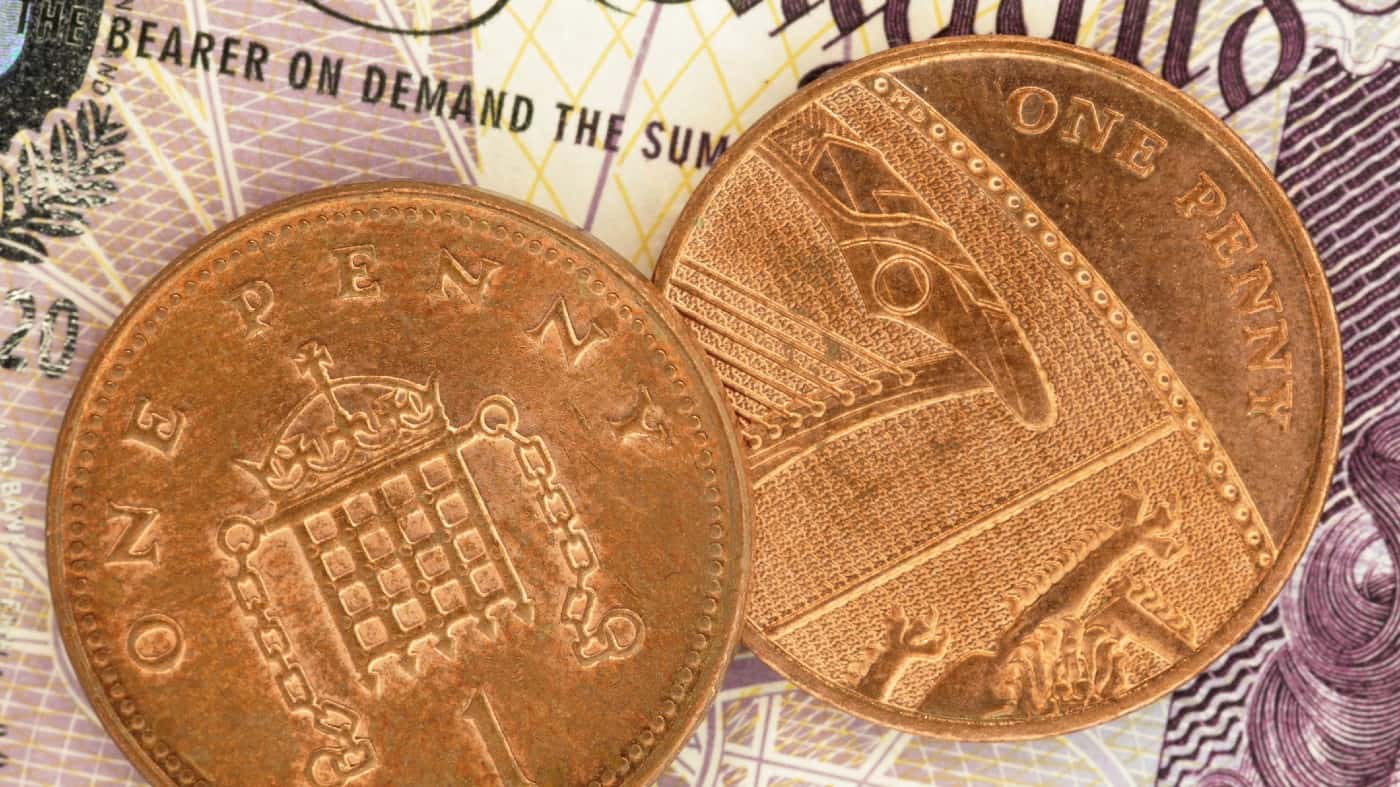I have learnt a fair few lessons as an investor. If I was to start investing for the first time now, I would do some things the way I have before — but I would also do some things differently.
Take penny shares as an example. A lot of novice investors think by buying shares that sell for pennies, their value could soar if the business does well.
In some cases that turns out to be true. But in many cases, shares that sell for pennies end up falling not rising in price. Rather than try to pick the winners, I would not start investing by buying penny shares.
Should you invest £1,000 in Rightmove right now?
When investing expert Mark Rogers has a stock tip, it can pay to listen. After all, the flagship Motley Fool Share Advisor newsletter he has run for nearly a decade has provided thousands of paying members with top stock recommendations from the UK and US markets. And right now, Mark thinks there are 6 standout stocks that investors should consider buying. Want to see if Rightmove made the list?
Share price and valuation
Just because a share sells for pennies does not necessarily make it cheap.
There is a difference between price and value. As billionaire investor Warren Buffett says, price is what you pay and value is what you get.
So some companies have a valuation of billions of pounds, yet their shares sell for pennies each. Vodafone is an example.
Scale matters
With its huge capitalisation though, Vodafone does not meet most people’s definition of a penny share. A typical penny share has a market capitalisation of under £100m, as well as a share price in pennies.
As a new investor, I would rather put my money into very large businesses than very small ones. That is not because size necessarily equals quality. Some large companies can turn out to be terrible investments.
But scale can offer some advantages to a small private shareholder.
A FTSE 100 company likely has a diversified shareholder base. Some institutional investors may hold big enough stakes that they are motivated to spend time and money to get involved if they think the business is being poorly run.
In a smaller company, there may be fewer shareholders with a big enough stake to do that. Management might also have a larger stake than is common in big firms.
That can be good as it helps align their interests with those of shareholders. But it can also help to entrench ineffective management.
Potential is not the same as performance
When buying shares, I always look at what I think the future potential of a business is.
Past performance is no guarantee of what will happen in future. However, it can still provide useful information. For example, has a company already proven its business model works and can generate profits?
Some penny shares have proven performance. For example, I own some shares in Topps Tiles and its business has been around for decades.
But other penny shares focus almost exclusively on potential future business performance.
A common example is mining shares. A lot of miners with a share price in pennies have limited existing operations and sell shares to try and fund development.
That can work very well sometimes. But in other situations, a mining prospect turns out to disappoint.
Learning how to value companies with limited or no revenues today can take a long time and even then it is very difficult to do with a high degree of confidence. I would rather start investing by buying into large, proven businesses I would feel more comfortable trying to value from day one.







